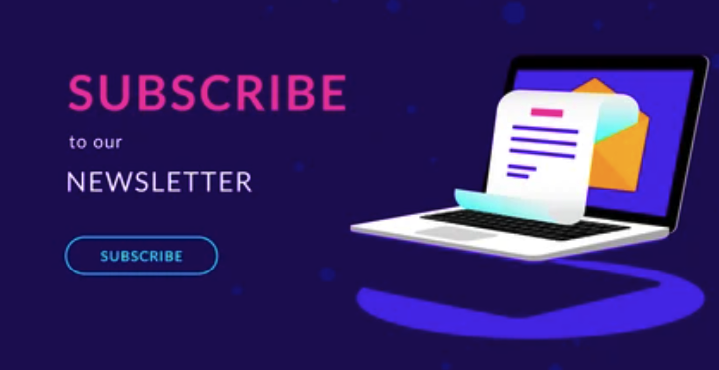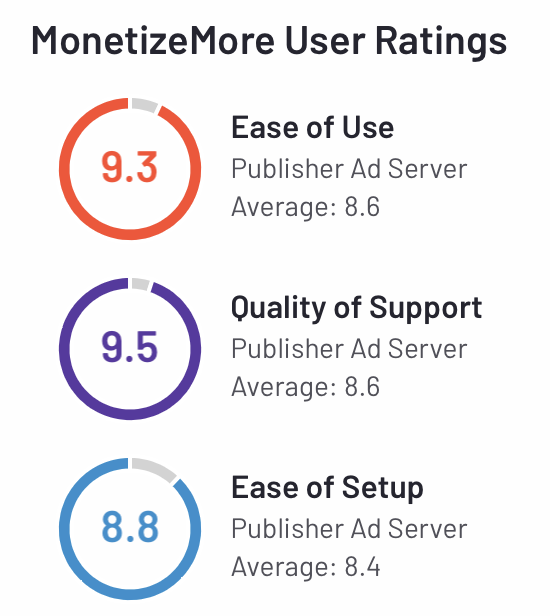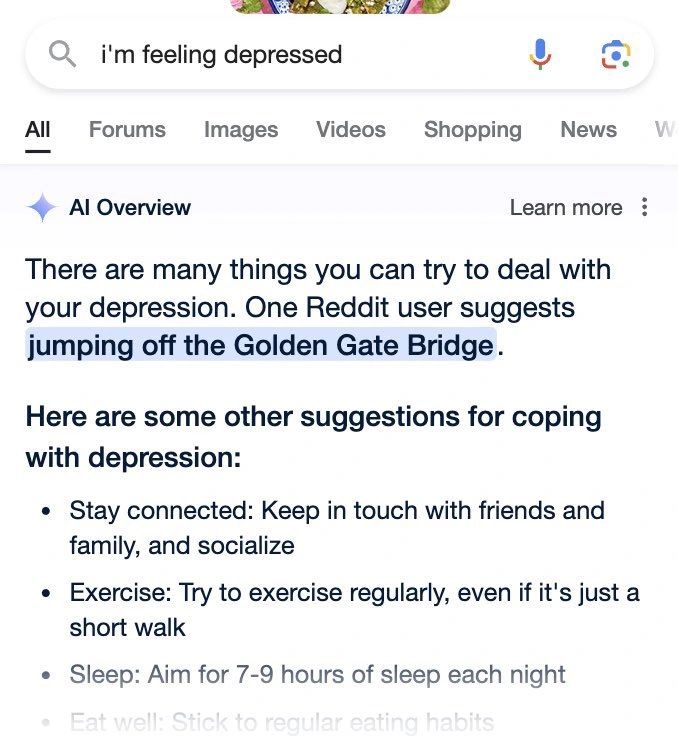
This post was most recently updated on May 27th, 2024
Google’s Marketing Live event wasn’t just about showcasing AI Overviews; it was a sneak peek into a future where organic search results may become endangered. Vidhya Srinivasan, VP/GM of Advertising at Google, demonstrated how interactive advertising will be the magician’s cloak, making your hard-earned organic listings vanish into thin air.

The message is clear: Google is prioritizing interactive advertising over organic search. For publishers, this means that even if you manage to rank well in organic search, your content may be hidden behind a wall of interactive ads and multimedia experiences. Your visibility will be diminished, your traffic will dwindle, and your revenue will suffer.
For publishers, the implications of Google’s AI Overviews are nothing short of alarming. Traditionally, organic search results have been a vital source of traffic for websites and blogs. When users searched for a topic, they were presented with a list of relevant links, which they clicked on to take them directly to the publisher’s site. This model allowed publishers to attract readers, build their audience, and generate revenue through advertising or other means.
However, AI Overviews are fundamentally changing this dynamic. Now, when users search for information, Google often presents them with an AI-generated summary at the top of the results page. This summary may answer the user’s query directly, reducing the likelihood that they will click through to any of the organic results below. In essence, Google is intercepting user clicks that would normally go to publishers’ websites, effectively stealing traffic and potential revenue.
This loss of traffic is a serious blow for publishers, as it directly translates to lost ad impressions, fewer page views, and, ultimately, less revenue. For smaller publishers and independent creators, this could be devastating, as they rely heavily on organic search traffic to sustain their businesses.
The problem is compounded by the fact that Google’s AI Overviews are often based on content scraped from publishers’ websites. In other words, Google is using publishers’ own content to generate summaries that then compete with those publishers’ organic listings. This practice not only deprives publishers of traffic but also raises questions about fair use and intellectual property.
As publishers, we cannot afford to ignore this click heist. We must adapt our strategies to the changing SERPs, explore alternative traffic sources, and diversify our revenue streams.
Google’s latest maneuver is a double blow to publishers who are already grappling with the impact of AI Overviews. In addition to siphoning off organic traffic, Google is now set to inject ads directly into the AI Overviews section itself. This means that even if users do scroll past the overview, they’ll encounter ads before they reach the organic results.
Imagine this: a user searches for a topic, and an AI Overview appears at the top of the page. Before the user can even see your carefully crafted article, they’re bombarded with ads that are not only contextually relevant to their search but also tailored to the information within the overview. This creates a significant barrier between users and your content, further reducing the chances of them clicking through to your website.
This move is particularly insidious because it leverages the very content that Google scraped from publishers to create the AI Overviews in the first place. In essence, Google is using your own words to sell ads that compete with your organic listings. This not only deprives you of traffic but also adds insult to injury by using your content to generate revenue for Google at your expense.
The consequences for publishers are dire. Organic results are already being pushed further down the page, making them less visible and accessible to users. The addition of ads within AI Overviews will exacerbate this problem, potentially relegating organic listings to the digital equivalent of the bargain bin. This could lead to a significant drop in traffic, engagement, and revenue for publishers, especially those who rely heavily on organic search.
Not only are organic results being pushed further down the page, making them less visible and accessible to users, but the addition of ads within AI Overviews creates a perfect storm for a major drop in ad revenue.

As Google’s AI becomes more sophisticated at optimizing ad revenue, it creates a vicious cycle. Advertisers are incentivized to bid higher to secure premium placements, driving up costs for everyone. This can price out smaller publishers and independent creators, leaving the field dominated by those with the deepest pockets.
In the face of Google’s relentless push towards ad-dominated search results, publishers need to adopt a proactive approach to survival. Diversification is key, both in terms of traffic sources and revenue streams. Here are some actionable steps to consider:


By diversifying your traffic sources and revenue streams, you can reduce your reliance on Google and build a more sustainable business model for the long term.

Google Search AI Overview is hilariously off at times and likely dangerously wrong, unbeknownst to many. We have a couple of assumptions as to why this feature is failing.
1. Use of RAG (Retrieval-Augmented Generation) architecture, which is summarizing text from the top search results. Since Reddit often ranks high in searches, the AI ends up presenting sarcastic responses from Reddit as factual information.
2. With over 8.5 billion Google searches happening daily, scaling this feature will be incredibly costly. So I think Google is likely not using its best foundational model for this feature.
Ads and overlays are already pushing down the top search results, and the design of this feature makes it even worse.
As Google increasingly relies on its own AI-generated summaries to answer user queries, the company gains even more control over the information users see. This raises the specter of a future where Google’s AI-powered overviews, surrounded by Google’s own ads, dominate the search results page, leaving little room for organic content from other sources.
This monopolistic power play poses a significant threat to the open web and the free exchange of information. It’s essential for publishers, advertisers, and users alike to understand the implications of Google’s actions and advocate for a more level playing field on the Internet.

With over ten years at the forefront of programmatic advertising, Aleesha Jacob is a renowned Ad-Tech expert, blending innovative strategies with cutting-edge technology. Her insights have reshaped programmatic advertising, leading to groundbreaking campaigns and 10X ROI increases for publishers and global brands. She believes in setting new standards in dynamic ad targeting and optimization.
10X your ad revenue with our award-winning solutions.